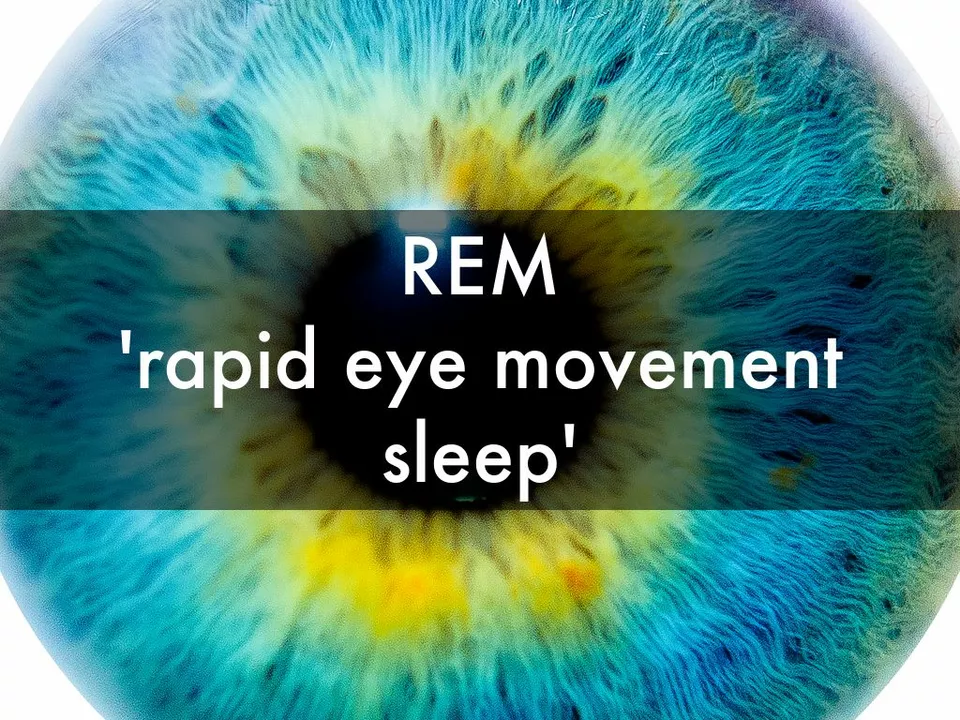Rapid Eye Movement (REM) Sleep – Quick Guide
If you ever wondered why you remember vivid dreams or feel refreshed after a good night’s rest, the answer lies in REM sleep. It’s the stage of sleep where your eyes dart around under closed lids and your brain lights up like it’s awake. Most people spend about 20‑25% of their total sleep time in REM, usually in bursts that get longer toward morning.
Why should you care? REM is not just a movie reel for crazy dreams – it plays a key role in memory consolidation, mood regulation, and even creative problem solving. Skipping out on REM can leave you foggy, irritable, or struggling to remember what you learned the day before.
Why REM Matters
During REM, your brain replays the day’s events and files them into long‑term storage. That’s why students who get enough REM tend to recall information better. Hormones also shift during this phase, helping control stress and appetite. A lack of REM has been linked to mood disorders like depression, so keeping that window open is a simple way to protect your mental health.
Another cool thing: while you’re in REM, your body’s muscles are essentially turned off. This paralysis stops you from acting out dreams, which would be dangerous. Think of it as the brain’s built‑in safety net.
Boost Your REM Sleep Tonight
Want more quality REM? Start with a consistent bedtime. Going to sleep at the same hour each night trains your internal clock and helps you cycle through all sleep stages smoothly.
Avoid caffeine or heavy meals within six hours of bed. Both can push back the onset of deep sleep, which delays the start of REM later in the night. Light exposure matters too – dim the lights an hour before sleep to signal melatonin production.
Exercise is a win‑win: regular activity improves overall sleep architecture and increases the proportion of REM. Just don’t hit the gym right before bedtime; give yourself a couple of hours to wind down.
If you use alcohol to relax, know that it initially makes you sleepy but later suppresses REM, leading to fragmented dreaming and poorer memory retention. Cutting back can make a noticeable difference in how refreshed you feel.
Finally, try a short 20‑minute nap early in the afternoon. That power nap often lands you directly into REM, giving your brain a quick boost without messing up nighttime sleep.
In short, REM isn’t just a weird eye‑moving phase – it’s essential for a sharp mind and steady mood. By keeping a regular schedule, watching what you eat and drink, staying active, and managing light exposure, you can make sure your brain gets the REM time it craves.
Next time you wake up feeling clear‑headed, thank your REM cycles. And if you notice grogginess or memory slips, check whether something in your routine is cutting that vital sleep stage short.
The Role of Rapid Eye Movement Sleep in Language Learning and Retention
As a language enthusiast, I've recently delved into the fascinating connection between Rapid Eye Movement (REM) sleep and language learning. It turns out that REM sleep plays a crucial role in consolidating our newly acquired linguistic skills, making it a vital component for effectively learning and retaining a new language. Moreover, studies have shown that the more time we spend in REM sleep, the better our ability to recall and apply these skills. So, it seems that a good night's sleep with ample REM cycles is just as important as regular practice when it comes to mastering a new language. Don't skimp on sleep, fellow language learners!
More
